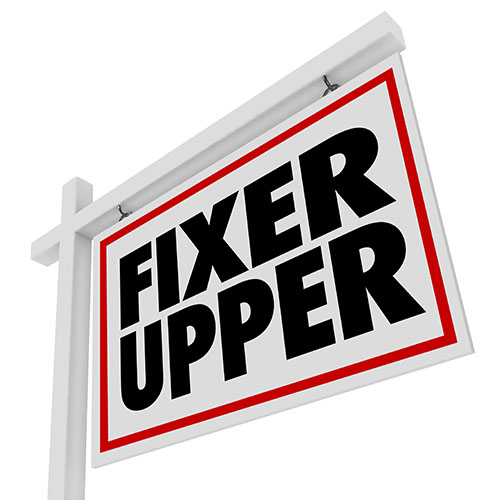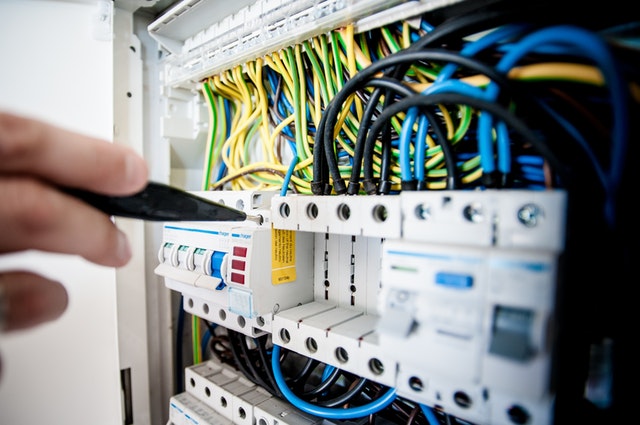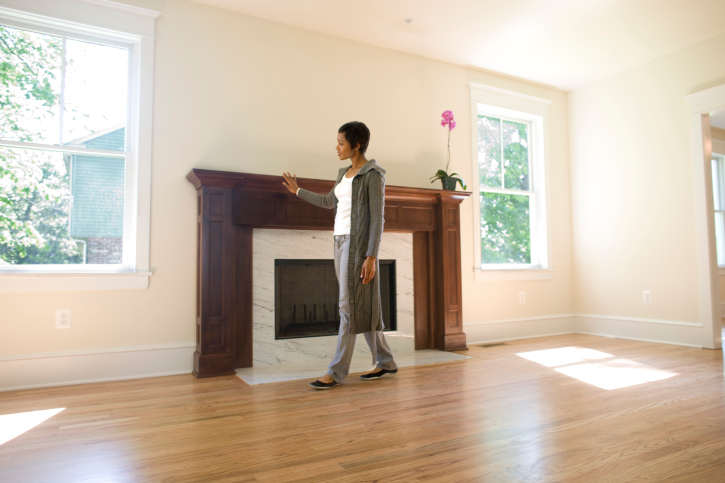 Moving with pets can be strenuous, especially for the pet. Oftentimes pets might even go missing on moving day or shortly before or after. Many pets, such as dogs and cats, are sensitive and acutely aware of when big changes are taking place within the home.
Moving with pets can be strenuous, especially for the pet. Oftentimes pets might even go missing on moving day or shortly before or after. Many pets, such as dogs and cats, are sensitive and acutely aware of when big changes are taking place within the home.
They might even sense the need to escape the source of stress by running away. Here are a few safety tips for moving with your pet.
On Moving Day
While movers are busy moving furniture and boxes, frightened cats or dogs might run out the door and go missing. On moving day, keep your pet secured in a separate room where they cannot escape. A bathroom is ideal since it will not have furniture or boxes that the movers need to get to.
Place a sign on the door to alert the movers that the pet is in there, and not to open the door. Make sure to put food, water, bedding (and a litter box if necessary) inside the room so your pet is comfortable.
While On The Road
While driving to your new home, your pet may experience fear and/or stress from being in a moving vehicle, especially after a stressful day of moving house. Cats in particular are sensitive to the unusual sensation, and may try to hide under a seat of the car or even crawl up under the dashboard. Prevent this by purchasing a pet carrier and placing it on the floor of the back seat. This will keep the carrier from tipping from excess movement or sharp turns.
If you prefer to keep your pet unenclosed, make sure they have a collar and leash on. When you open the door they may try to escape and the collar and leash will help prevent this.
In The New Home
When you finally move into your new home, keep your pet indoors for between a few days and a week. This allows your pet to relax and build an understanding of the new environment.
If you let your pet outdoors too soon, they may get lost or instinctively try to go back “home” to the old house.
These few tried and tested tips will ensure your pet is safe on moving day and throughout the move. Once you arrive safely in your new home, your pet will soon be able to enjoy it just as much as you!
 If you’ve expressed any interest in buying a home that you can work on, your real estate agent may present you with one or two fixer upper properties for your consideration. Fixer upper homes can offer good value for certain kinds of homebuyers.
If you’ve expressed any interest in buying a home that you can work on, your real estate agent may present you with one or two fixer upper properties for your consideration. Fixer upper homes can offer good value for certain kinds of homebuyers. If you are planning to buy or sell a home, you will want to enlist the services of a real estate agent. But sometimes homebuyers and homeowners worry about paying for the services of a real estate agent.
If you are planning to buy or sell a home, you will want to enlist the services of a real estate agent. But sometimes homebuyers and homeowners worry about paying for the services of a real estate agent. When you buy a new house, the first thing you want to do is protect your investment. You already have property insurance. Should you also buy a home warranty?
When you buy a new house, the first thing you want to do is protect your investment. You already have property insurance. Should you also buy a home warranty? The cost of living in America varies widely in different parts of the country. In general, it is less expensive to live in the country than in the cities.
The cost of living in America varies widely in different parts of the country. In general, it is less expensive to live in the country than in the cities. As a homebuyer, your real estate agent will do their best bring you to see homes that meet the criteria you asked for. However, there’s no guarantee that a home will have a history of being properly cared for.
As a homebuyer, your real estate agent will do their best bring you to see homes that meet the criteria you asked for. However, there’s no guarantee that a home will have a history of being properly cared for.